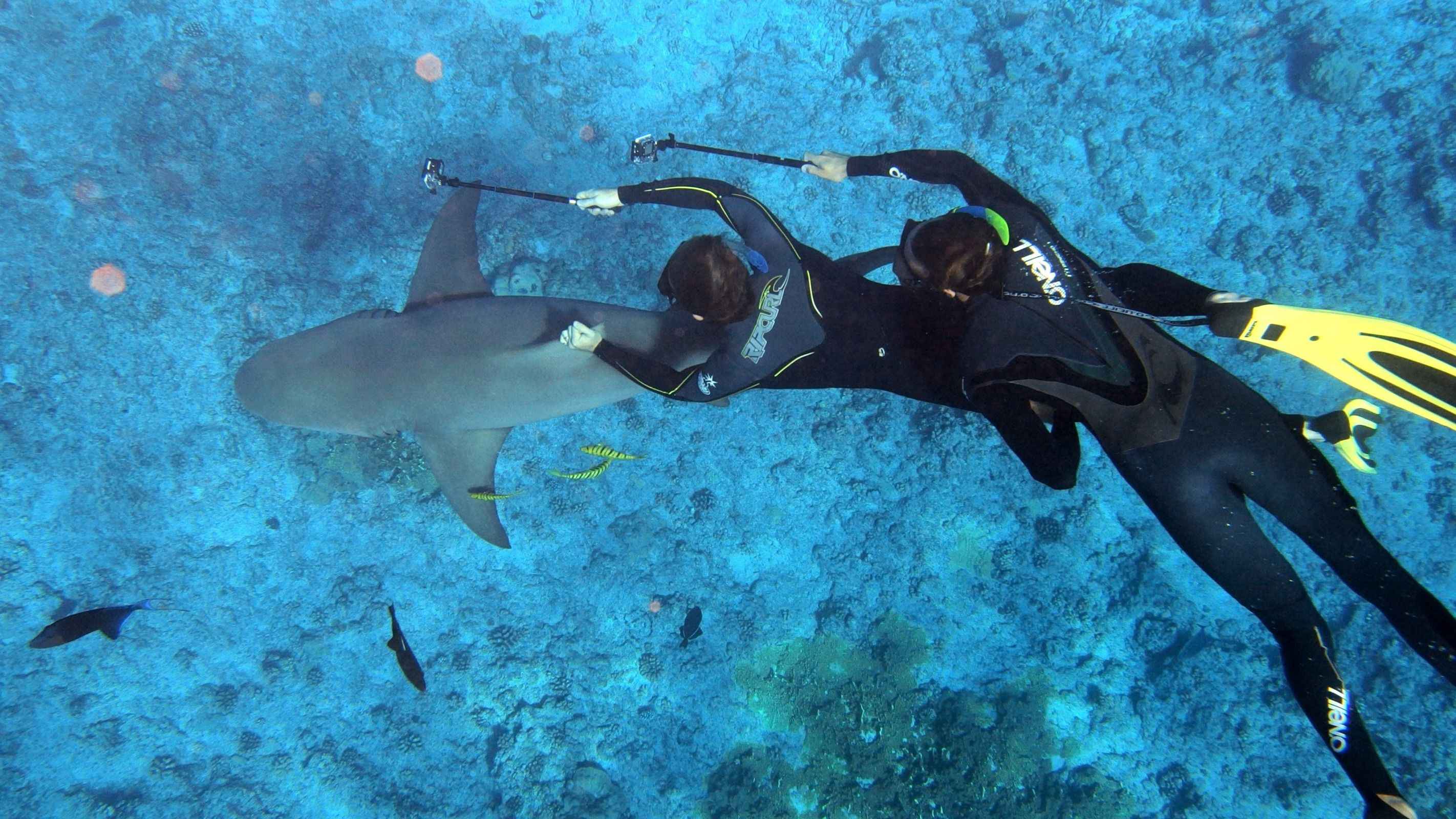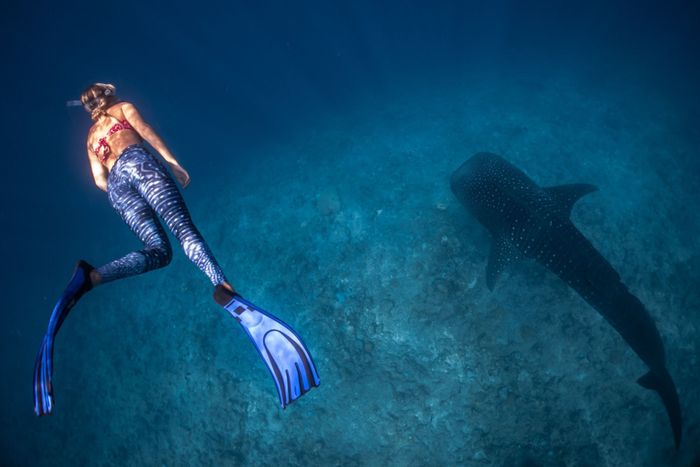True Nature of Sharks: Why They Have Lasted for Millions of Years
Learn more about what makes sharks one of the strongest and greatest marine species.

Sharks are some of the oldest fish species swimming in our oceans today, so there must be a reason why these animals have been around for over 400 million years. For a species to outlast the dinosaur age and continue to thrive, they must be doing something right.
Characteristics of Sharks That May have Helped Them Survive to This Day

1. Sharks Prey Selectively
One of the biggest misconceptions about sharks is that they hunt for humans. This is not true at all. Sharks are very selectively about their prey. They usually target those that are weak or injured. This is actually the very reason why our oceans need them. By targeting the weakest of the underwater species, sharks help strengthen their breeds. They are also key to maintaining the health of the entire marine ecosystem by preventing overpopulation, especially among small fish.

2. Sharks Recover Remarkably Fast Compared to Most Species
While sharks are not immune to sickness or injury, they do possess genes that seem resistant to damage. That’s why scientists have been keen on studying their DNA, to find out what makes them close to invincible. For example, in a landmark 2019 study published in the Proceedings of the National Academy of Sciences (PNAS) journal, scientists were able to map and sequence the entire genome of the great white shark. One of the key findings in the study is that there are more genes solely for blood-clotting in the shark's DNA. They have also found in its genome more proteins - compared to other fish and mammals - that potentially help in the formation of new skin and tissue.
In the same study, scientists hoped to discover why sharks seem to be less prone to cancer, especially compared to humans. One possible reason they have found is that it appears that there is a mechanism in the shark genome that allows it to balance its DNA. This mechanism allows the shark genome to be stable against cancer cells despite the shark’s humongous size.
Another study, this one published in Conservation Physiology, has shown that whale sharks have the ability to heal from serious wounds and injuries in a remarkably short period of time. One particular whale shark was actually found to have regrown a partially amputated dorsal fin. Whale sharks, though, are still some of the most endangered shark species, so while we know they have this amazing ability to heal fast, we should still work towards protecting them and making less impact on their species.

3. Sharks Have Well-developed Senses
Sharks are able to distinguish the scents of virtually everything, which helps them avoid potential predators, target their chosen prey, or even choose their mate. Their olfactory sense is so highly developed that they can smell blood as low as one part per million, and when the conditions are right in the ocean currents, they can even smell blood half a kilometer away.
Their hearing is quite astute as well. They are able to track low-frequency sounds and are especially attuned to the sounds of weakened prey.
Though they are far-sighted and are known to be prone to cataracts, they have a special layer behind their retina, just like cats, that allows them to see in the dark. This helps them in foraging at night.
3. Sharks Have Great Spatial Awareness
Thanks to their ampullae of Lorenzini and lateral line, sharks are found to have great spatial awareness. Their ampullae of Lorenzini are responsible for their electroreception capabilities. These small receptor cells, just underneath the skin of a shark’s head, allow sharks to receive electrical fields generated by other living organisms. For example, hammerheads use these receptor cells to find prey that’s completely buried under the sand. Some studies have even shown that sharks may perhaps use their electroreception abilities for long-distance travels, guided by the earth’s geomagnetic field. Apparently, this allows them to travel all over the world’s oceans and still find their way back to their home.
On the other hand, their lateral line, which can be seen running from the head down to the tail, is useful in detecting vibrations. This helps them locate not just the arrival of possible predators but also their prey.
4. Sharks Learn and Retain Memory
Shark cognition has been relatively understudied because of how largely inaccessible and hard to track these species are. However, several advancements have been made in the area. For example, a 2014 study has shown that small-spotted cat shark — those that live in unpredictable environments, especially — use their cognitive abilities for foraging and survival. By learning about their environment and memorizing which behavior allows them to maximize their energies in foraging, these sharks are able to thrive in their habitats.
Another example of shark cognition was found in bamboo sharks, who have demonstrated their ability to visually distinguish 2D objects and recognize them. This is potentially a survival tactic, as this ability allows them to avoid potential predators and differentiate between certain types of prey.
5. Relationships are Important to Sharks
Studies have shown that sharks have very complex social behaviors. For example, it has been found that bonnethead sharks can recognize each other as individuals, which allows them to return to one another even after long periods of separation. Sharks can choose their companions as well. Moreover, they are able to track each other using scent, allowing them to reunite even when separated.
As we can see, sharks have survived millions of years not just because many of them are apex predators. Sharks are here to this day because they have proven their importance to the marine ecosystem and are built to survive even the harshest conditions not just physically but mentally as well. But despite these special characteristics, sharks will not survive for much longer unless humans understand them and their importance to our ecosystem and take steps to protect them.




